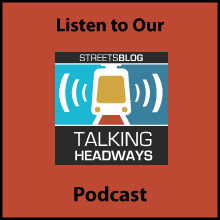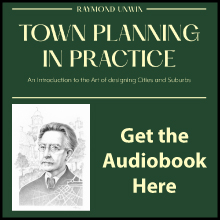The Benefits of Dense, Walkable Urbanism
December 15, 2014
Today we’re going to talk about the benefits of walkable urbanism. Dense, walkable urbanism is one of the mantras of modern urban planning, but is there actually evidence that it’s any better than other forms of urbanism? After all, the suburbs that most planners now decry were once considered the pinnacle of American neighborhood development. As it turns out, there is a growing body of evidence that suggests that walkable urbanism does come with many perks.
Unlike the traditional car-oriented suburb, new research shows that walkable, mixed use neighborhoods are safer, healthier, and more creative. A number of studies also seem to suggest that housing values in walkable neighborhoods are more resilient during economic crises and homes are far less likely to be foreclosed. Walkability is also linked to lower rates of property crime and violence, possibly because there are often more “eyes on the street”. Another surprising benefit is that walkability seems to promote social interactions which encourage creativity as well as greater civic involvement. Finally, a recent study from the University of Kansas shows that walkability is good not only for physical health, but mental health as well. Residents living in walkable neighborhoods not only tend to have lower BMIs, but also a slower decline in cognitive ability as they age.
With all the benefits that seem to come with walkable urbanism, it’s no wonder that it is often seen as the ideal form for modern urbanism. Another factor pushing us toward walkability is the growing awareness of the environmental costs of car dependency. Air pollution is a major current issue, and many municipalities are trying to reduce emissions by reducing car usage and encouraging walking, biking, and mass transit. Paris’ mayor, for instance, recently outlined a radical plan to drastically reduce air pollution by banning diesel cars, growing their network of bike lanes, and encouraging shared mobility. Municipalities all over the world are taking similar initiatives to reduce auto emissions, and it’s happening none too soon.







